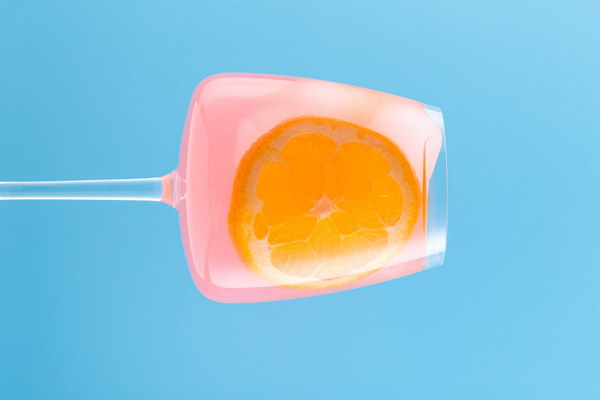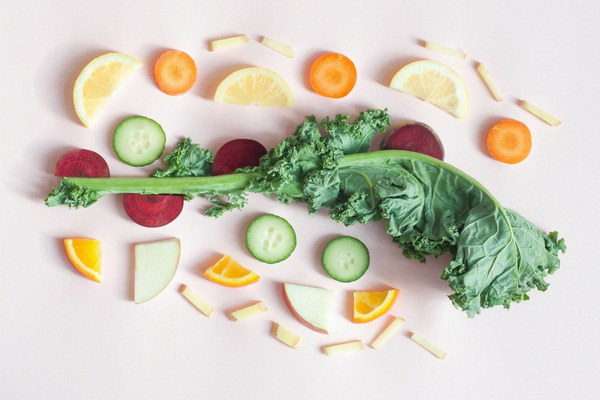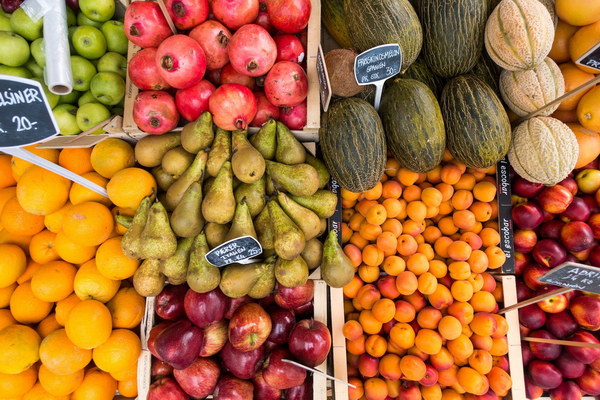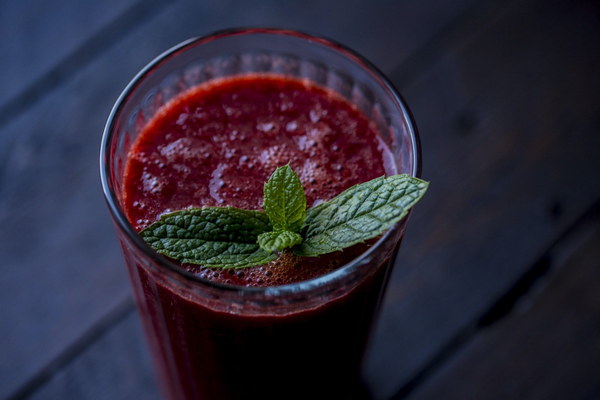Does Drinking Milk After a Meal Nourish Your Stomach
Introduction:
Drinking milk after a meal has been a topic of debate among nutritionists and health enthusiasts. Some believe that it can aid in digestion and nourish the stomach, while others argue that it may lead to discomfort and bloating. In this article, we will explore the benefits and drawbacks of drinking milk after a meal and provide insights into whether it can truly help in maintaining a healthy stomach.
Benefits of Drinking Milk After a Meal:
1. Promotes Digestion:
Milk contains enzymes such as lactase, which aid in breaking down lactose, the sugar found in milk. This process can help in improving digestion, especially for individuals who are lactose intolerant. By drinking milk after a meal, you can support the digestion process and prevent discomfort.
2. Rich in Nutrients:
Milk is a rich source of essential nutrients such as calcium, vitamin D, and protein. These nutrients play a crucial role in maintaining healthy bones, teeth, and muscle function. Drinking milk after a meal can provide additional nourishment to your body and help in meeting your daily nutritional requirements.
3. Alleviates Heartburn and Acid Reflux:
For some individuals, consuming milk after a meal can help alleviate symptoms of heartburn and acid reflux. The calcium present in milk can neutralize stomach acid, reducing the burning sensation and providing relief.
Drawbacks of Drinking Milk After a Meal:
1. Bloating and Gas:
Drinking milk after a meal can lead to bloating and gas in some individuals. This is because milk contains lactose, which can be difficult for some people to digest. If you are lactose intolerant or have a sensitive stomach, consuming milk after a meal may worsen these symptoms.

2. Disruption of Stomach Acid:
Milk is alkaline in nature, which means it can disrupt the acidic environment of the stomach. This disruption may affect the digestion of certain foods and lead to discomfort or indigestion.
3. Allergic Reactions:
Certain individuals may have an allergy to milk or its proteins, such as casein. Drinking milk after a meal can trigger allergic reactions, including hives, itching, or respiratory difficulties.
Conclusion:
In conclusion, drinking milk after a meal can offer certain benefits such as aiding digestion, providing essential nutrients, and alleviating symptoms of heartburn. However, it is important to consider the potential drawbacks, including bloating, gas, disruption of stomach acid, and allergic reactions.
If you have a sensitive stomach or lactose intolerance, it is advisable to consult with a healthcare professional before incorporating milk into your post-meal routine. They can provide personalized advice based on your specific health conditions and dietary needs.
Ultimately, the decision to drink milk after a meal should be based on your individual circumstances. While it may provide some benefits for some individuals, it is essential to prioritize your overall health and well-being.









